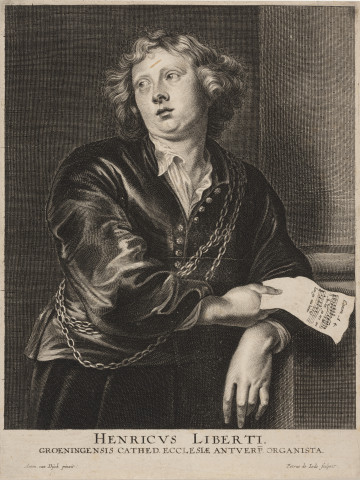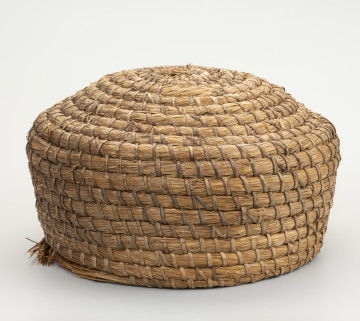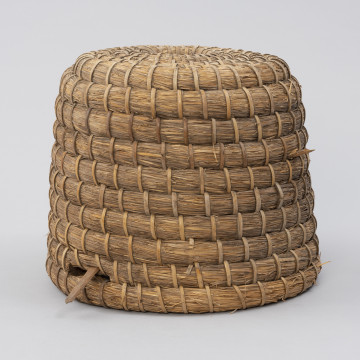
Portrait
circa 1632
National Museum in Szczecin
Part of the collection: European and non-European coins
The sultani of Selim II (1524-1574) was found in the Gumieńce district of Szczecin in 1958. The coin is interesting not only because of the distance it covered on its way to Pomerania, but also because of the specific language used to compose the inscriptions. The obverse informs that Sultan Selim, son of Suleiman (1494-1566) Șah (referred to as the Lawgiver or the Magnificent), may his kingdom live on, struck (this coin) in the province of Misr (Egypt), in 944 (1566). It was the year of Selim II's enthronement. The tradition of dating coins only with the accession year, in spite of the coins being minted every year, was introduced by Sultan Bayezit II (1447-1512). The custom was in force until the 1920s. The reverse depicts the qualities of the ruler – it said that the Sultan is a warrior of God, Master of the Force and Victor on land and sea. Other interpretations of the inscriptions on the sultani are also found in the literature. They express the wish that the Sultan's reign is glorious and pray to the Lord to grant him victory on land and sea. The differences are related to the ambiguity of Turkish vocabulary. Another interesting feature of this coin is a specific deformation of the surface - a trace of the so-called dental test. Holders of gold coins, who did not know a certain coin and could be suspicious of them being counterfeit, would bite on them. By doing so, they checked if the gold was not merely a veneer hiding lead underneath. The sultani was the successor to the dinar, which weighed about 4.25 grams – a gold Arab coin minted from the 7th to the 15th century, equivalent to the Byzantine solid. It was mainly used in international trade. The sultani dinar weighed about 3.5 grams, the same as European ducats, which leads to the conclusion that the coin was also intended to facilitate trade between the Middle East and Europe.
Mieszko Pawłowski
Other names
Sultani
Author / creator
Dimensions
cały obiekt:
Object type
coin
Technique
minting
Material
gold
Creation time / dating
Creation / finding place
Owner
National Museum in Szczecin
Identification number
Location / status

circa 1632
National Museum in Szczecin

1965
National Museum in Szczecin

1890 — 1910
National Museum in Szczecin
DISCOVER this TOPIC
National Museum in Lublin
DISCOVER this PATH
Educational path